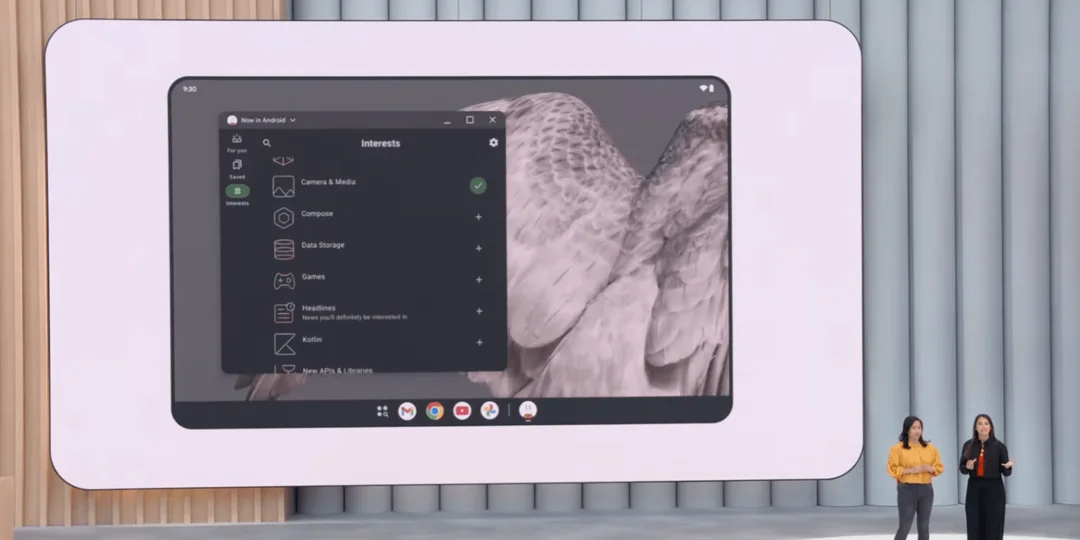
Android 16 to Feature Desktop Mode with Samsung DeX Foundation: A New Era for Mobile Productivity?
Get ready for a game-changer in the world of Android! Android 16 is set to introduce a desktop mode, and in a surprising twist, it's being built with significant collaboration from Samsung, leveraging the foundation of Samsung's DeX. This move promises to bring enhanced windowing capabilities and a more powerful productivity workflow to Android users. But what does this mean for the future of mobile productivity?
At Google I/O, Google revealed its partnership with Samsung, highlighting that Android 16's desktop mode builds upon the pre-existing Samsung DeX. Engineering manager Florina Muntenescu stated the company is "building on the foundation" of Samsung’s DeX platform "to bring enhanced windowing capabilities in Android 16." This collaboration aims to provide a true desktop-like experience when devices are connected to external displays.

Samsung's DeX, first launched in 2017, offered a way for users to connect their phones to larger displays for a 'desktop' experience. Now, Google is doubling down by working directly with Samsung. According to a developer post, Android 16 introduces significant advancements in desktop windowing, creating a "true desktop-like experience on large screens and when devices are connected to external displays." Early looks at Samsung's One UI 8 suggest DeX is being redesigned to integrate these collaborative improvements.
The preview showcased apps like Gmail, Chrome, YouTube, and Google Photos neatly centered in the taskbar, resembling a desktop environment. The adaptability of Android 16's apps was also highlighted, showing how they can seamlessly adjust and stretch across different screen sizes.
While details are still emerging, questions remain: Will this feature be available in the initial Android 16 release, or will it be part of a later QPR update? The current beta release doesn't seem to include it by default, leaving users wondering when they'll get their hands on this innovative feature.
The decision to incorporate Samsung DeX hints at a push to converge mobile and desktop experiences. Google emphasized the need for adaptive apps to cater to diverse screen sizes, including foldables, tablets, Chromebooks, mixed reality wearables, and even cars. In essence, this collaboration could be a pivotal step toward creating a universal Android experience irrespective of device type.
What’s your take? Are you excited about the prospect of an Android 16 desktop mode powered by Samsung DeX? Will this reshape how you work and play on your mobile devices? Share your thoughts and expectations in the comments below!